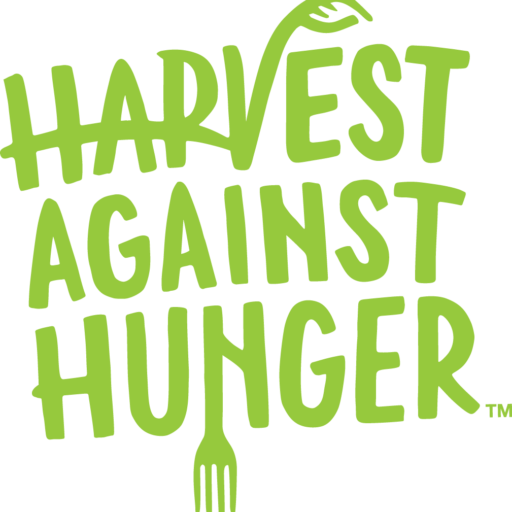
There is Power in A Union
13 May 2020, by Admin in Harvest Blog, Washington state, Community Action CenterCommunity Action Center volunteers pick up potatoes from central Washington.
Oli Sivula serves as a Harvest Vista at the Community Action Center (CAC) in Pullman, Washington. The Community Food department at the CAC works with the Palouse community to build food access and food security through gardening programs, a food bank, cooking classes, and other events which build community self-resilience. Community Food works in partnership with the case management offered on-site, as well as with partner organizations throughout the region to ensure they are addressing their clients needs.
The process of providing food assistance in a highly agriculturally-productive area can be difficult in a plethora of ways. To see fresh produce being grown across the street from where the CAC provides commodity foods to our clients is an experience that invokes a great deal of drive. The COVID-19 pandemic has swept through our food system in a way that many thought inconceivable. Yet, regardless of how prepared we were or were not as a food system, it is our shared responsibility to move forward together.
The Palouse region of eastern Washington and northern Idaho grows lentils and wheat of international demand, and is also home to countless small farms who work with local restaurants and farmers markets. In the wake of the COVID-19 pandemic, many avenues for distribution and income have disappeared or have been severely constricted. From grower, to restauranteur, to food service workers, the CAC has seen massive changes in the community’s needs. The CAC has worked diligently to forge new relationships throughout our food system, and maintain the ones built before. The Palouse Tables Project brought the region together around food in 2017, and now provides a framework for how we can work in solidarity.
Many of the needs identified by the Palouse Tables Project were those surrounding a lack of communication. During these times, we see the breakdown of communication for a litany of new reasons, but the solution remains the same. Since the Palouse Tables Project, the CAC has worked closely with the Whitman County and Latah County Food Coalitions to build synergy and transparency among local organizations. Especially now, the ability to coordinate volunteer needs, freezer and refrigeration space, communities in need of food assistance, and vital community actions is a deciding factor in meeting the changing needs.

Fresh greens bought from Washington State University’s farm.

Community Action Center volunteers pack donated food.
Building upon the coordination fostered by the regional food coalitions, the CAC is also taking the lead on a variety of outreach and partnership methods. Working as a partner for the Pullman Serves it Forward program, the CAC operates as a means for donors to directly stimulate the supply-side of Pullman restaurants, while providing free meal vouchers to food bank clients. The CAC has also sent expeditions of volunteers out to central Washington to help distribute a surplus of potatoes and onions that growers are experiencing. This level of collaboration requires a great deal of individual outreach as well, and the CAC is spearheading community contacts in order to craft an iterative, community food plan.
Moving together from this pandemic means moving the whole food system forward. The CAC is committed to addressing the issues at multiple levels, whether they be individual or systemic. The CAC is working hard to keep its doors open, and work to forge new partnerships and connections in this time when they are most needed.


